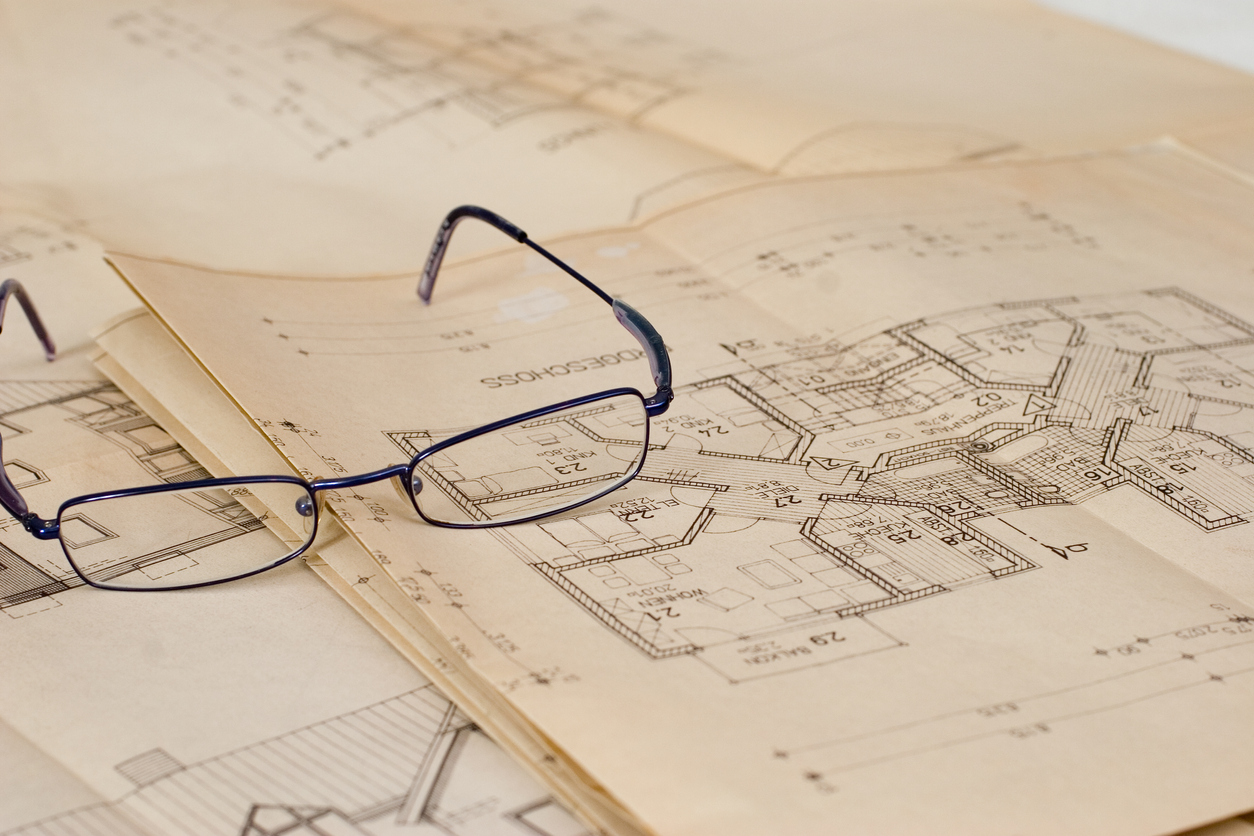It is not necessary to seek planning permission or building regulations approval for all improvements you plan to make to your home. The types of work permissible without planning approval are defined by the Town and Country Planning (General Permitted Development) (England) Order 2015 as ‘permitted development’. Some work may only require ‘prior notification’ rather than full planning permission (explained further below).
Pre-application
Before starting to build on your property, it is wise to ask your council’s planning service whether your project will need planning permission. You can either do this yourself, or ask someone to do this on your behalf, such as an architect or a building surveyor. At this stage, you should try to find out whether any statutory or non-statutory designations affect your property which may influence whether you need to seek planning permission.
Examples include:
- Your property is subject to an Article 4 direction restricting permitted development rights in a specific area or site.
- Your property is on a national park, area of outstanding natural beauty (AONB) or a conservation area.
- Your property is registered as being of “special architectural or historical interest”.
Your local council may seek a fee for providing you with pre-application advice. They may also ask you to give some cursory details of the extension you intend to build on your property such as its design, size and position. However, these do not need to be the general level necessary for sending with your planning applications. The planning officer at the local council may give you their informal opinion on whether your proposal agrees with the council’s planning policies laid out in its current development plans. The planning officer’s advice may cover issues such as the design of your proposal, materials you plan to use and the scale of the development.
The officer may also suggest how your project can be changed so that it is more likely to be approved. However, be aware that this does not guarantee that you will receive planning permission as interested parties and neighbours must be informed and consulted first. For this reason, planning professionals do recommend that you discuss your ideas with your neighbours as they will be informed of your planning application. Speaking early with the planning authority and your neighbours to discover any concerns may save you time and work later in the long run.
Covenants
In some instances, a covenant on your land or building may restrict its future use. Unfortunately, this cannot be ignored or removed unless done by agreement; discharged by the Lands Tribunal or the land comes into single ownership. As covenants are legally separate to planning, gaining planning permission will not remove a covenant, and subsequently, you may still be unable to implement planning permission until the covenant has been removed.
